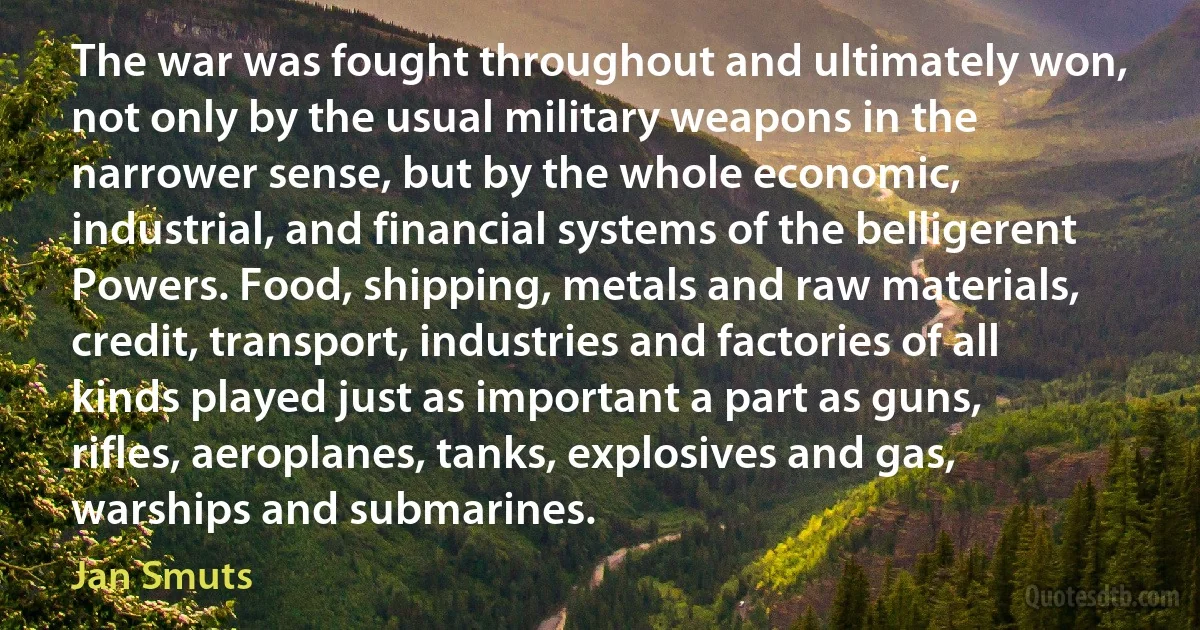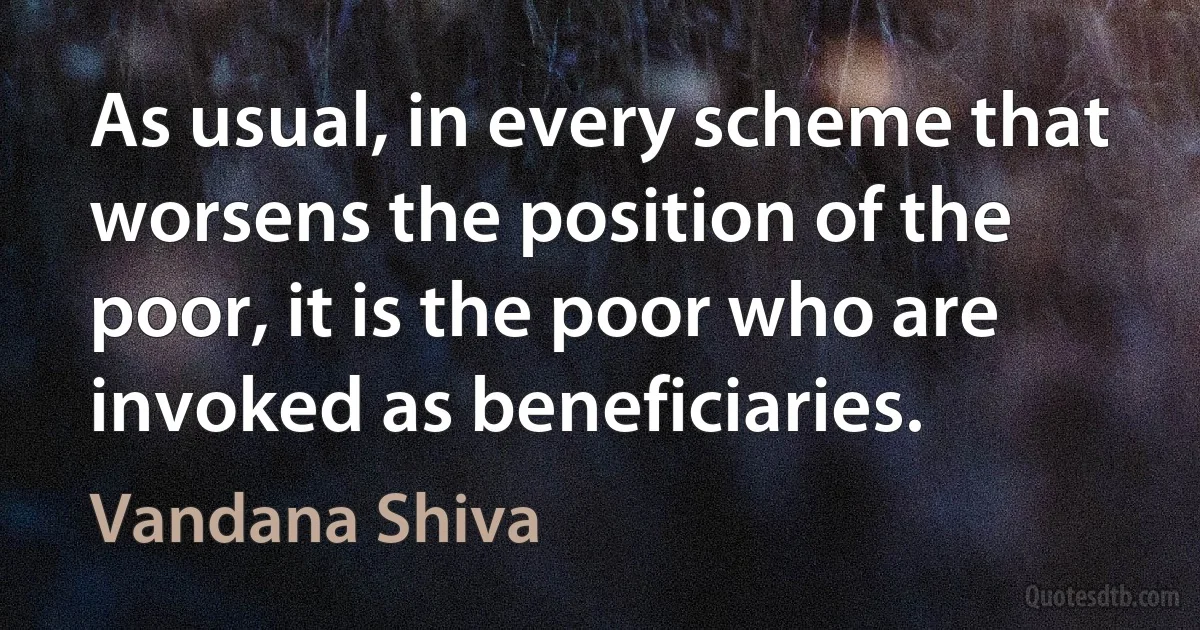Usual Quotes - page 8
But I have seen the unknown dead, those little men of the Republic. It was they who woke me up. If a stranger, an enemy, becomes a thing like that when he dies, if one stops short and is afraid to walk over him, it means that even beaten our enemy is someone, that after having shed his blood, one must placate it, give this blood a voice, justify the man who shed it. Looking at certain dead is humiliating. One has the impression that the same fate that threw these bodies to the ground holds us nailed to the spot to see them, to fill our eyes with the sight. It's not fear, not our usual cowardice. One feels humiliated because one understands–touching it with one's eyes–that we might be in their place ourselves: there would be no difference, and if we live we owe it to this dirtied corpse. That is why every war is a civil war; every fallen man resembles one who remains and calls him to account.

Cesare Pavese
MS: Have you ever turned to religion?
M: At no time. I am a seriously lapsed Catholic. It was at the usual time, 10, 11, 12, after being forced to go to church and never understanding why and never enjoying it, seeing so many negative things, and realising it somehow wasn't for me. I can only have faith in things I see. I could never be converted to Buddhism.

Morrissey
As we shall see in this book's chapters, traditional societies are far more diverse in many of their cultural practices than are modern industrial societies. [...] Yet psychologists base most of their generalizations about human nature on studies of our own narrow and atypical slice of human diversity. [...] That is, as social scientists Joseph Henrich, Steven Heine, and Ara Norenzayan express it, most of our understanding of human psychology is based on subjects who may be described by the acronym WEIRD: from Western, educated, industrialized, rich, and democratic societies. [...] Hence if we wish to generalize about human nature, we need to broaden greatly our study sample from the usual WEIRD subjects [...] to the whole range of traditional societies.

Jared Diamond
The federal government and all our agencies are conducting business. But it is not business as usual. We are operating on a heightened security alert. America is going forward, and as we do so, we must remain keenly aware of the threats to our country. Those in authority should take appropriate precautions to protect our citizens.

George W. Bush
I guess I got whacked hard in the mystery department when I was little. I found the world completely and totally fascinating then - it was like a dream. They say that people who think they had a happy childhood are blocking something out, but I think I really had one. Of course I had the usual fears, like going to school - I knew there was some sort of problem there. But every other person sensed that problem too, so my fears were pretty normal.

David Lynch
According to the dictionary, to administer is to govern, or to manage a public or private business. It means, therefore, to seek to make the best possible use of the resources available in achieving the goal of the enterprise. Administration includes, therefore, all the operations of the enterprise. But as a result of the usual way of organizing things to facilitate the running of the business, a certain number of activities constitute the special departments; the technical department, the commercial department, the financial department, etc., and the scope of the administrative department is found to be reduced accordingly.

Henri Fayol
As some of you know, I some years ago - a few - painted a picture of Mr. Whitman. I began in the usual way, but soon found that the ordinary methods wouldn't do - that technique, rules and traditions would have to be thrown aside; that before all else, he was to be treated as a man, whatever became of what are commonly called the principles of art.

Thomas Eakins
As he had so many times before, Taleswapper addressed a few silent words to God, which always came down to this question: Why do you put us to so much trouble, when it all comes to naught in the end?...And, as usual, God had nothing much to say to Taleswapper when his questioning was done.

Orson Scott Card
It is often maintained that friendship between men and women can never approach the high level of friendship between men. How, it is objected, could sensuality not be present in such relationships? if it were not present, would not the least coquettish of women feel herself humiliated? It is contrary to every natural impulse for a man to associate with a woman as freely as is usual in friendship without occasionally being conscious of physical desire, and if he is conscious of it, the whole machinery of the passions is set in motion.

André Maurois
Professor Ohlin also made an important contribution to what now might be called the macro-economic aspects of a country's balance of payments. In 1929 in the Economic Journal he engaged in a famous controversy with Keynes on the problem of transferring payments from one country to another across the foreign exchanges. In this he laid stress upon the income-expenditure effects of the reduced spending power in the paying country and of the increased spending power in the recipient country. In doing so he made use of the usual distinction between a country's imports and exports; but in addition he emphasised the importance of the less usual distinction between a country's domestic non-tradeable goods and services and its tradeable, exportable and importable, goods. I made some use of this latter distinction in my Balance of Payments; but looking back I regret that I did not let it play a much more central role in that book.

James Meade
I've loved not being looked at so much since dyeing my hair dark for my part in Resident Evil: Apocalypse. With my normal blondey- brown colour, I get stared at so much, so I feel quieter, more low- key. It's like being undercover, as even friends of mine haven't recognised me. It was quite difficult to get used to. I would see a picture of someone blonde in a Polaroid or shop window and think: "Don't I look brilliant?" But then it wouldn't be me. But it does mean that I can wear brighter colours, as well as brighter lipsticks than usual. I've just done a shoot where I was wearing bright red lipstick - although that did feel a bit Eighties and weird, as if I were a Robert Palmer extra.

Sienna Guillory



